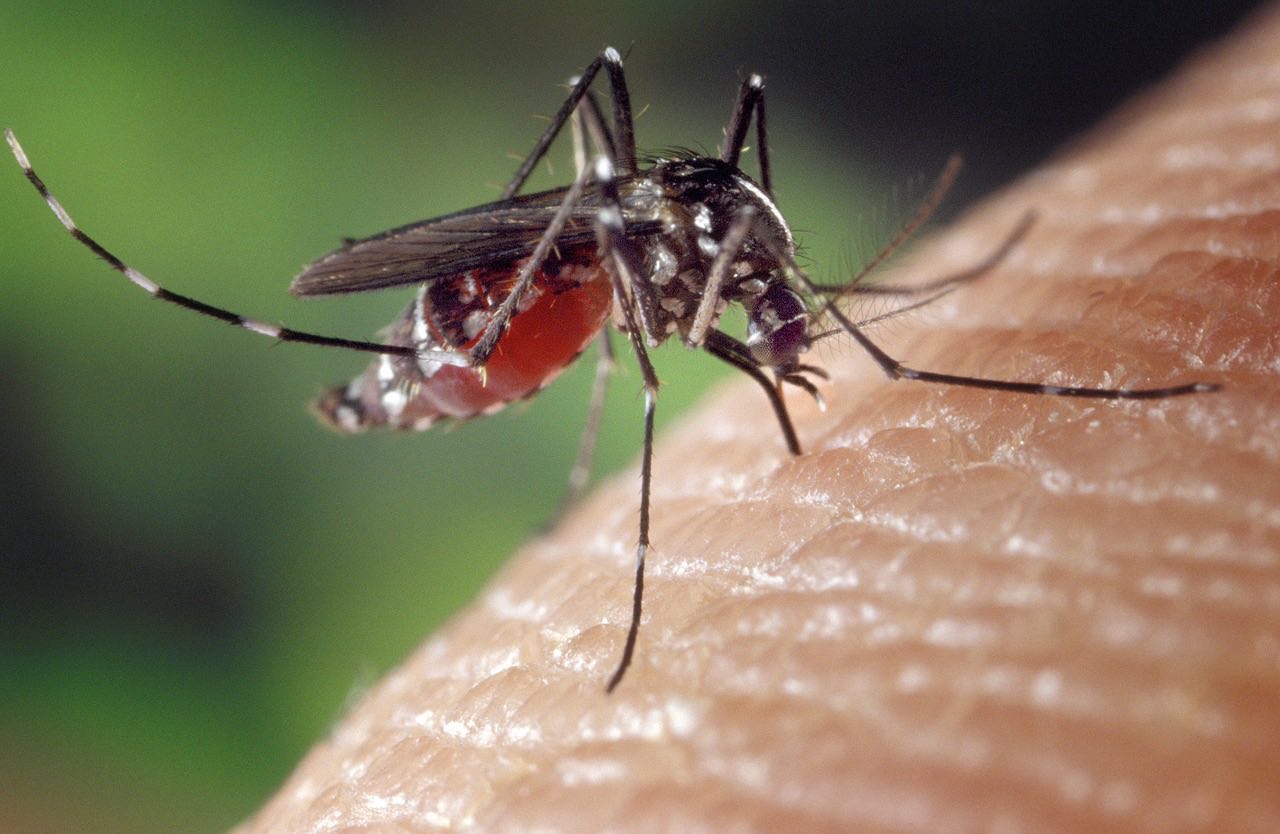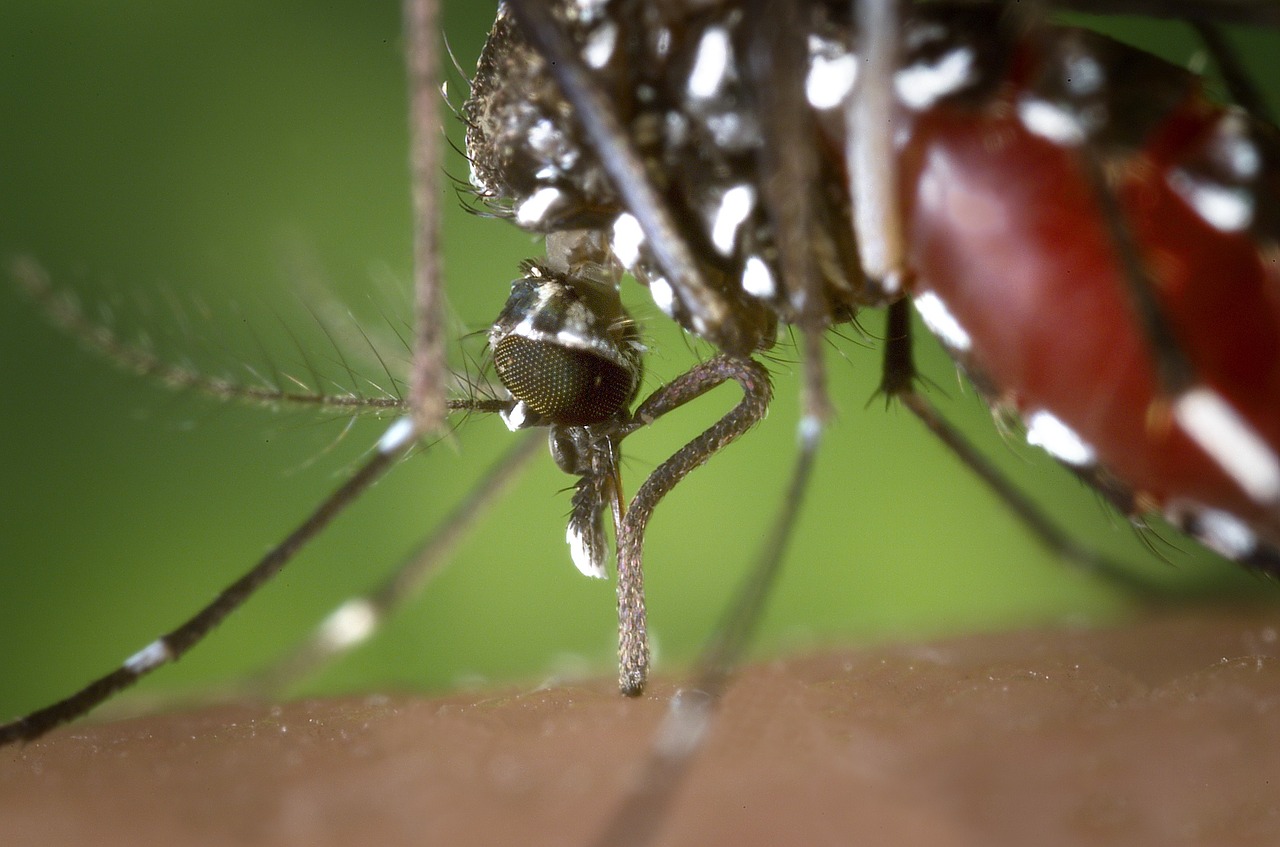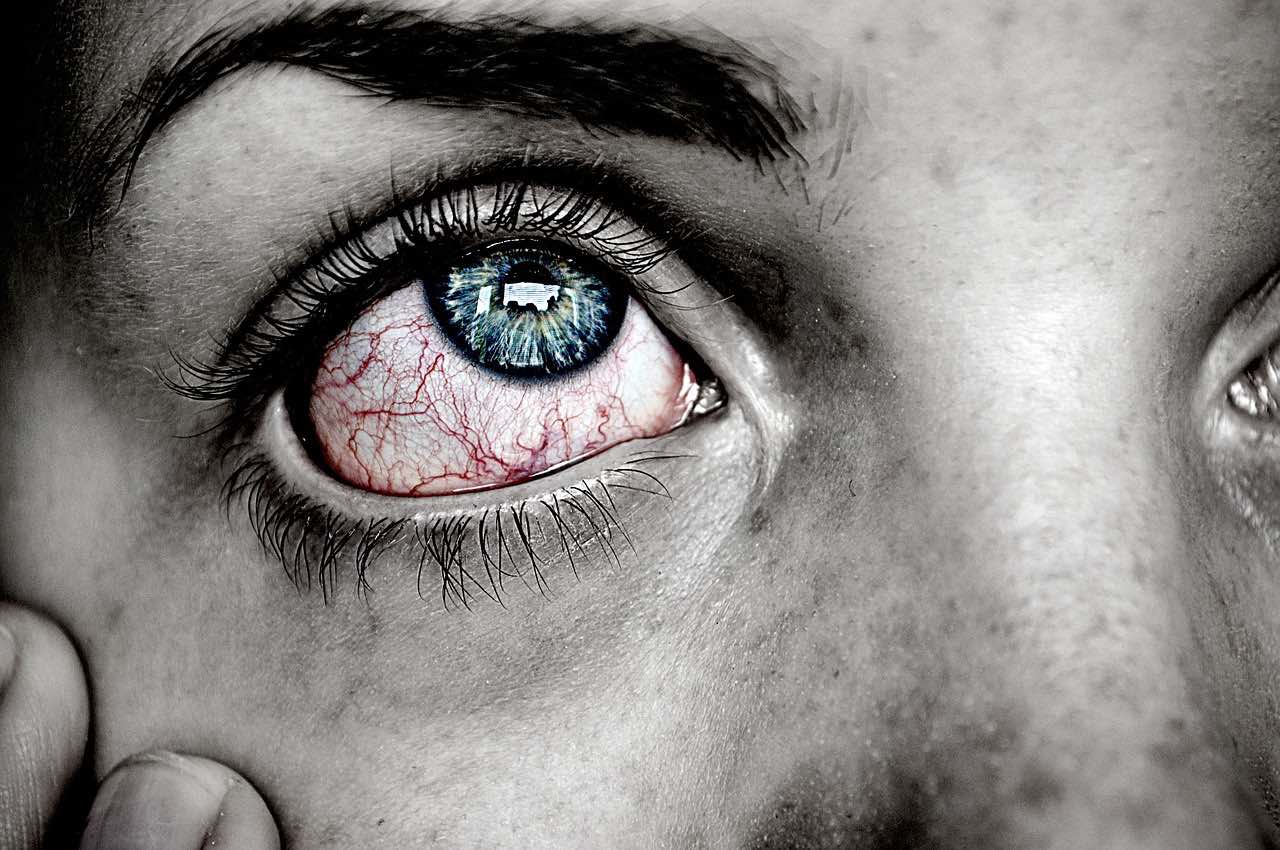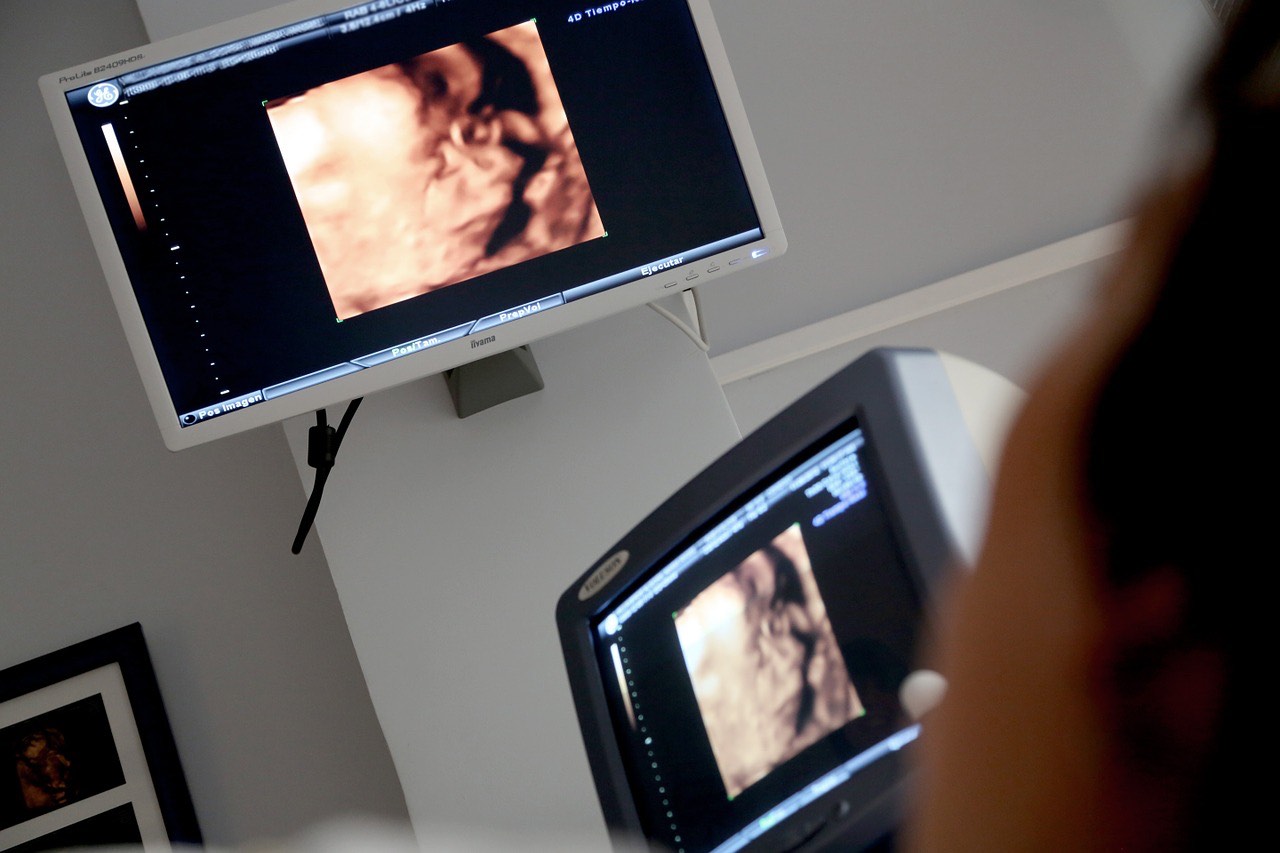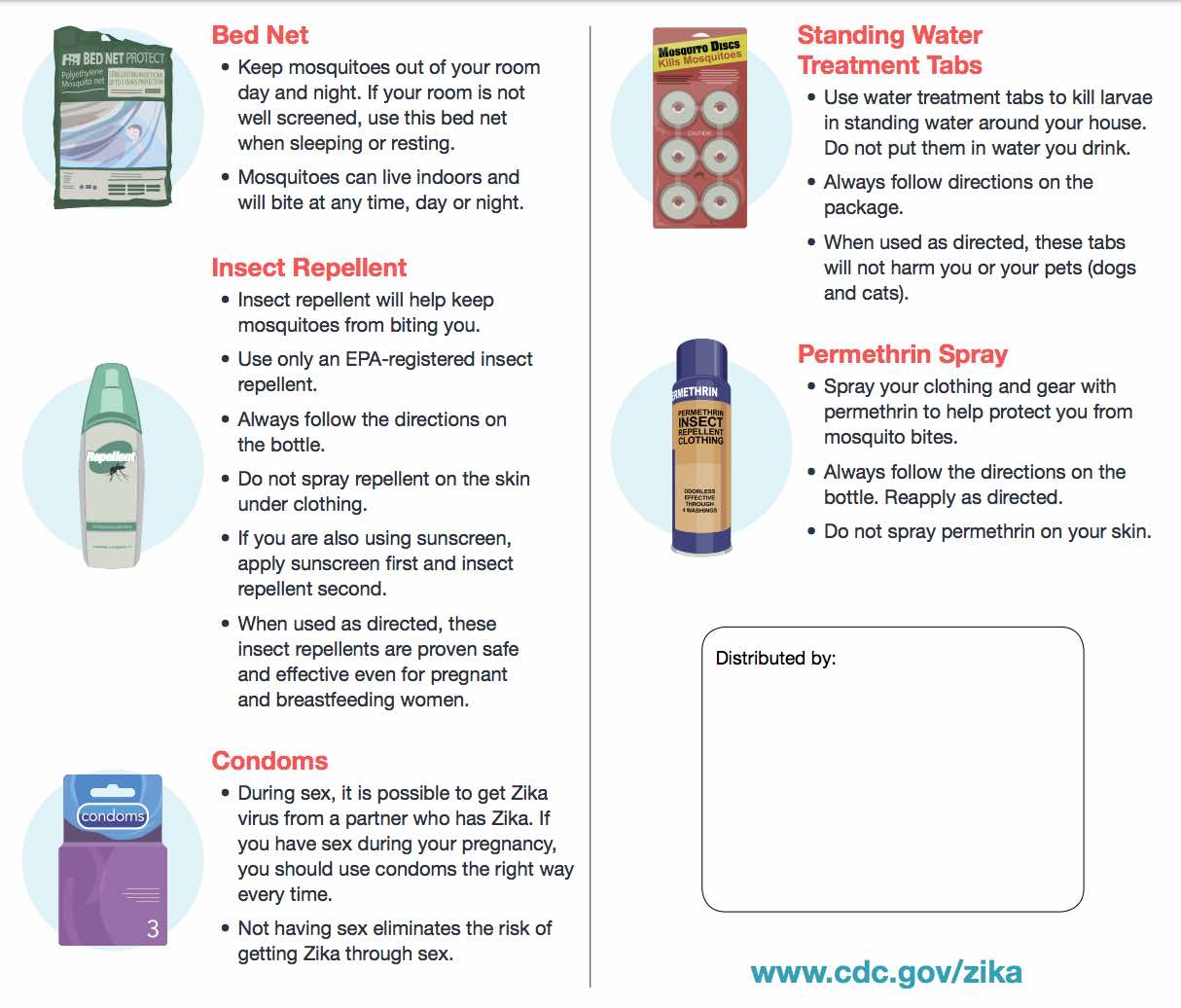The word Zika is a big thing in Singapore. If you know if any friends, relatives or colleagues who are pregnant or trying for a baby, you better give them a nudge on this mosquito-borne virus that is potentially devastating for all pregnant women and their babies. It is time to be kaypoh and do your part to arm them with information and up-to-date advice on the Zika virus. Here are the key points that you and your loved ones need to know.
1. What is Zika?
According to Ministry Of Health Singapore (MOH), Zika virus infection is transmitted by the bite of an infected Aedes mosquito. Zika is generally a mild disease. It may cause a viral fever similar to dengue or chikungunya, with fever, skin rashes, body aches, and headache. Some infected with the Zika virus may not even develop symptoms.
2. Aedes Mosquito Operation Timing
These mosquitoes are aggressive daytime biters but that does not mean they cannot bite at night. They also have OTs during peak season. Protect your loved ones well and do the 5 steps mozzie wipe out to prevent breeding.
3. How Do I Know If I Have The Virus?
You may be infected with the virus if you suffer from the following symptoms:
- Mild fever
- Rashes
- Headaches
- Muscle pain
- Joint pains
- Conjunctivitis (a form of eye inflammation)
But most people infected with the Zika virus do not develop any symptoms. Even for those who do, the symptoms are often very mild. These signs usually develop within 3 to 12 days after the mosquito bite and last between 4 to 7 days. We advise folks who want to chao keng from work to refrain from faking the above symptoms.
3. Why Should Pregnant Women Be Concerned?
While it has not been proven that ladies are more likely to be infected by the Zika virus, pregnant women have more at stake as the virus infection can cause microcephaly in the unborn foetus. Microcephaly is a rare neurological condition in which an infant’s head is significantly smaller than the heads of other children of the same age and sex.
Children with microcephaly often have developmental issues. There is generally no treatment for microcephaly but early intervention with supportive therapies, such as speech and occupational therapies, may help enhance your child’s development and improve their quality of life.
4. Zika Can Cure Or Not?
Sadly, there is no cure nor vaccine to prevent Zika infection for now. One can only relieve the symptoms by getting plenty of rest, drinking sufficient water and treating their pain with common medicines.
5. What Happens If I Am Zika-Positive?
If a pregnant woman is tested to be Zika-positive, she will be referred to a maternal foetal medicine specialist for consultation and regular ultrasounds may be recommended to monitor for signs of foetal development and abnormalities. If necessary, the mother-to-be will also be admitted to a public hospital for further management and care. As mentioned in the news, the general guidelines are for pregnant patients with Zika to go for checks every four weeks.
Take heart from the fact that being tested Zika-positive does not mean that your foetus is infected or harmed. New England Journal of Medicine study found that the risk of an infected mother giving birth to a child with microcephaly is between 1% to 13%.
6. How To Stay Safe From Zika?
Pregnant women should be very cautious when having sex with a partner who has just travelled to a region affected by Zika. You can either use condoms to reduce the risk of potential transmission or abstain entirely for the duration of the pregnancy.
If you are pregnant or trying for a baby, delay your travel to the Zika infected regions. If travel can’t be avoided, you should take every precaution to avoid mosquito bites which include:
- Wearing shirts with long sleeves and pants, rather than shorts
- Using bug spray with DEET, which is safe for pregnant women
- Treating clothes with permethrin, a type of insecticide
7. Build Your Own Zika Prevention Kit
8. Be Responsible, Go Get Tested!
All mothers-to-be in Singapore with symptoms of Zika and pregnant ladies with male partners who are Zika-positive are urged to go get tested for Zika virus infection even if they have not been to Zika-affected areas. Testing for pregnant women referred by their doctors and those who meet these above two criteria are free at the public healthcare institutions. But if you fit neither of the two criteria, testing is not routinely recommended as advised by the Ministry Of Health Singapore.
9. Do Your Part For The Community!
Do the 5-step Mozzie Wipeout to prevent the Aedes mosquito from breeding at home. Cooperate with the NEA, and allow its officers to inspect your premises for mosquito breeding and to spray insecticide to kill any mosquitoes. Protect yourself from mosquito bites by applying insect repellent regularly.
Stay safe and do your part to wipe out mosquitoes!


